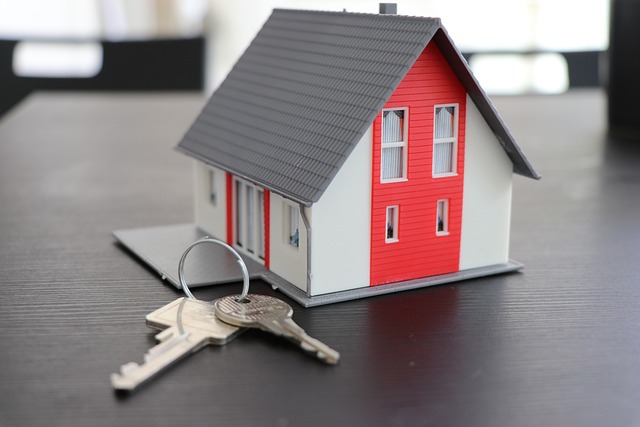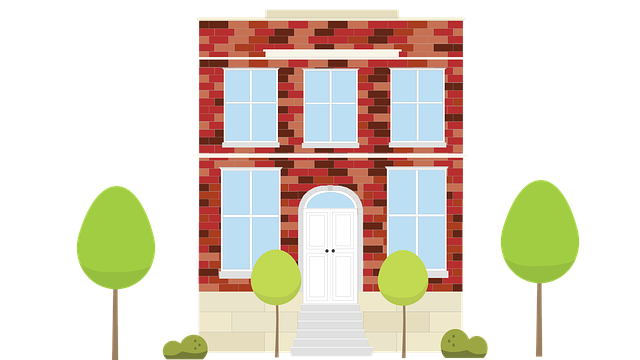Mold, a significant home issue hidden in damp areas, severely impacts both home value and buyer health, causing respiratory problems. Real estate agents should emphasize professional inspections to identify and address mold growth fueled by moisture or high humidity. Proactive management of mold enhances property value and demonstrates commitment to quality. Agents guide buyers through transparency about known mold issues, their impact on home value, and the importance of prompt remediation. Skilled inspectors look for signs of moisture intrusion and mold growth, ensuring early detection, preventing health risks, and preserving home value. Regular monitoring through inspections is crucial for a smoother real estate transaction.
“Uncovering the hidden risks: A real estate agent’s guide to managing mold issues. This comprehensive article equips agents with essential knowledge on understanding mold, its causes, and health implications. Learn how to assess mold in transactions, effectively communicate potential risks to buyers and sellers, and implement successful mitigation strategies. Discover the impact of home inspections in identifying mold and its role in preserving property value. By mastering these tips, real estate professionals can navigate mold-related concerns with confidence.”
- Understanding Mold: Causes and Health Impact
- Assessing Mold in Real Estate Transactions
- Communicating Risks to Buyers and Sellers
- Mitigation Strategies for Addressing Mold Issues
- The Role of Home Inspection in Mold Detection and Home Value
Understanding Mold: Causes and Health Impact

Mold is a common issue in many homes, often hidden behind walls or within damp areas like bathrooms and basements. It’s crucial for real estate agents to understand that mold can significantly impact both the home’s value and the health of potential buyers. Mold growth is fueled by moisture, so identifying and addressing water leaks, high humidity, or poor ventilation is essential.
The health impact of mold exposure varies from mild allergies to severe respiratory issues, especially in individuals with existing conditions. When selling a property, agents should advise clients to have a professional inspection to assess the extent of mold growth and potential causes, such as roof leaks or plumbing problems. This proactive approach not only protects buyers but also demonstrates a commitment to transparency, which can enhance the overall home value.
Assessing Mold in Real Estate Transactions

When assessing a property for potential purchase, real estate agents must be vigilant in identifying signs of mold, as it can significantly impact both the home’s value and the health of its occupants. Mold is a common issue in older homes or those with poor ventilation, but it should never be ignored during a transaction. Agents play a crucial role in guiding buyers by conducting thorough inspections and revealing any existing mold problems.
By understanding the scope and severity of mold issues, agents can help buyers make informed decisions regarding their offer price and potential remediation costs. Early detection is key to mitigating the effects on both the environment and human health, ensuring a smoother real estate process and potentially avoiding legal complications related to undisclosed home value deficiencies.
Communicating Risks to Buyers and Sellers

When dealing with potential buyers or sellers, a real estate agent must navigate conversations around mold issues with care. Communicate openly about known mold problems and their implications on home value. Emphasize that timely remediation is key to preserving property value; untreated mold can cause severe structural damage over time, leading to significant repairs or even replacement costs.
Frame discussions around transparency and fairness. Inform buyers of any historical mold issues, but also highlight that many modern homes with proper ventilation and maintenance are less prone to mold growth. For sellers, offer advice on disclosure forms and the ethical responsibility to reveal known problems to avoid misleading potential purchasers. This open dialogue builds trust and ensures all parties understand the financial and health implications associated with mold in a property.
Mitigation Strategies for Addressing Mold Issues

When dealing with mold issues in a property, real estate agents should recommend clients employ effective mitigation strategies to ensure a healthy living environment. The first step is to identify and fix the source of moisture, as mold thrives in damp conditions. This may involve addressing leaks, improving ventilation, or enhancing drainage systems around the home. Once the source is controlled, it’s crucial to thoroughly clean and disinfect affected areas using appropriate solutions.
Real estate professionals should also educate clients on the importance of prompt action. Delayed treatment can lead to further damage and increased removal costs, impacting the overall home value. Regular monitoring is key; checking for mold growth, especially in hidden spaces like basements or behind walls. Regular inspections help catch potential issues early, allowing for swift remediation and preserving the property’s market appeal.
The Role of Home Inspection in Mold Detection and Home Value

A thorough home inspection is an invaluable tool in identifying potential mold issues before they become significant problems, impacting both the property’s home value and its habitability. Skilled inspectors are trained to look for subtle signs of moisture intrusion, which often leads to mold growth. They inspect visible areas like basements, attics, and bathrooms, as well as hard-to-reach spots that could harbor mold colonies. Early detection is crucial; addressing mold promptly not only preserves the home value but also prevents health risks associated with prolonged exposure to moldy environments.
By investing in a comprehensive home inspection, real estate agents can provide their clients with valuable insights into a property’s condition, including any existing or potential mold problems. This knowledge empowers buyers and sellers alike to make informed decisions regarding repairs, remediation, and negotiation, ultimately ensuring a smoother transaction and preserving the home value in the long term.














